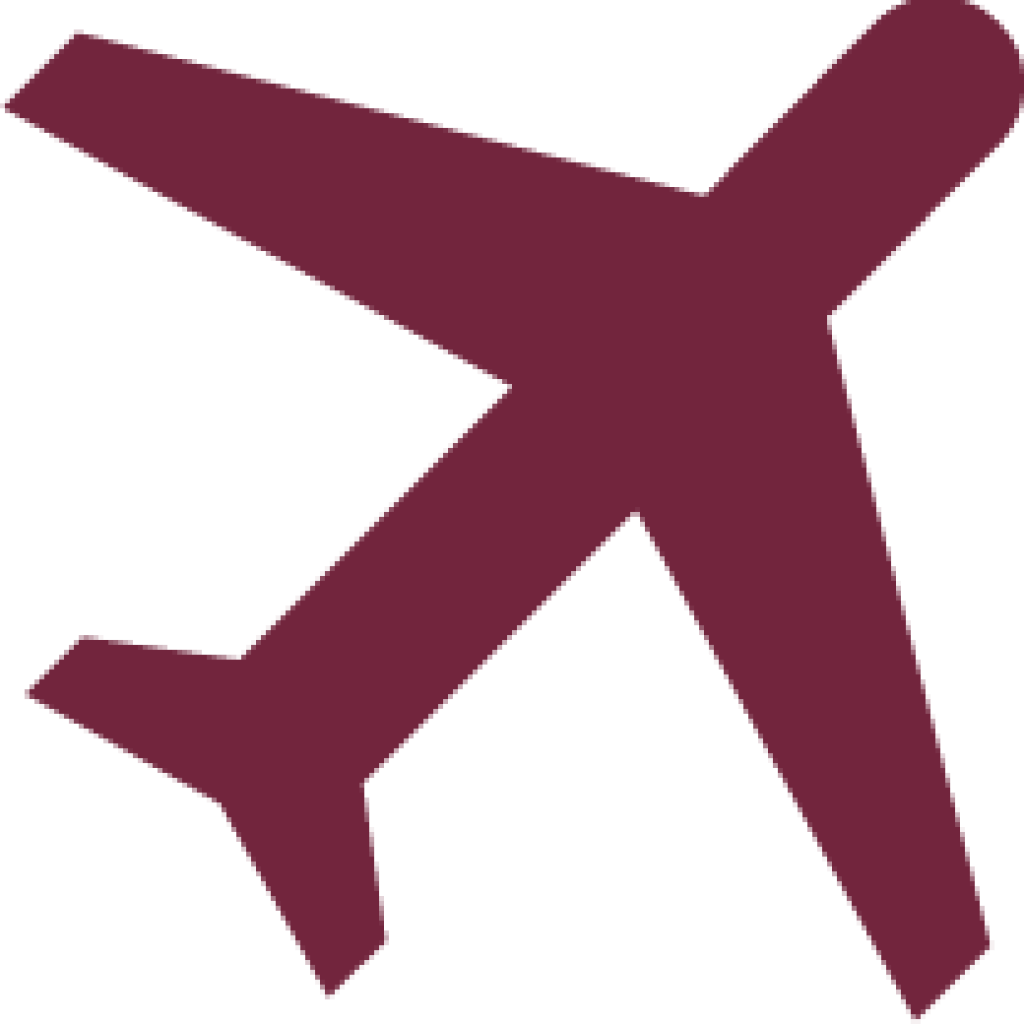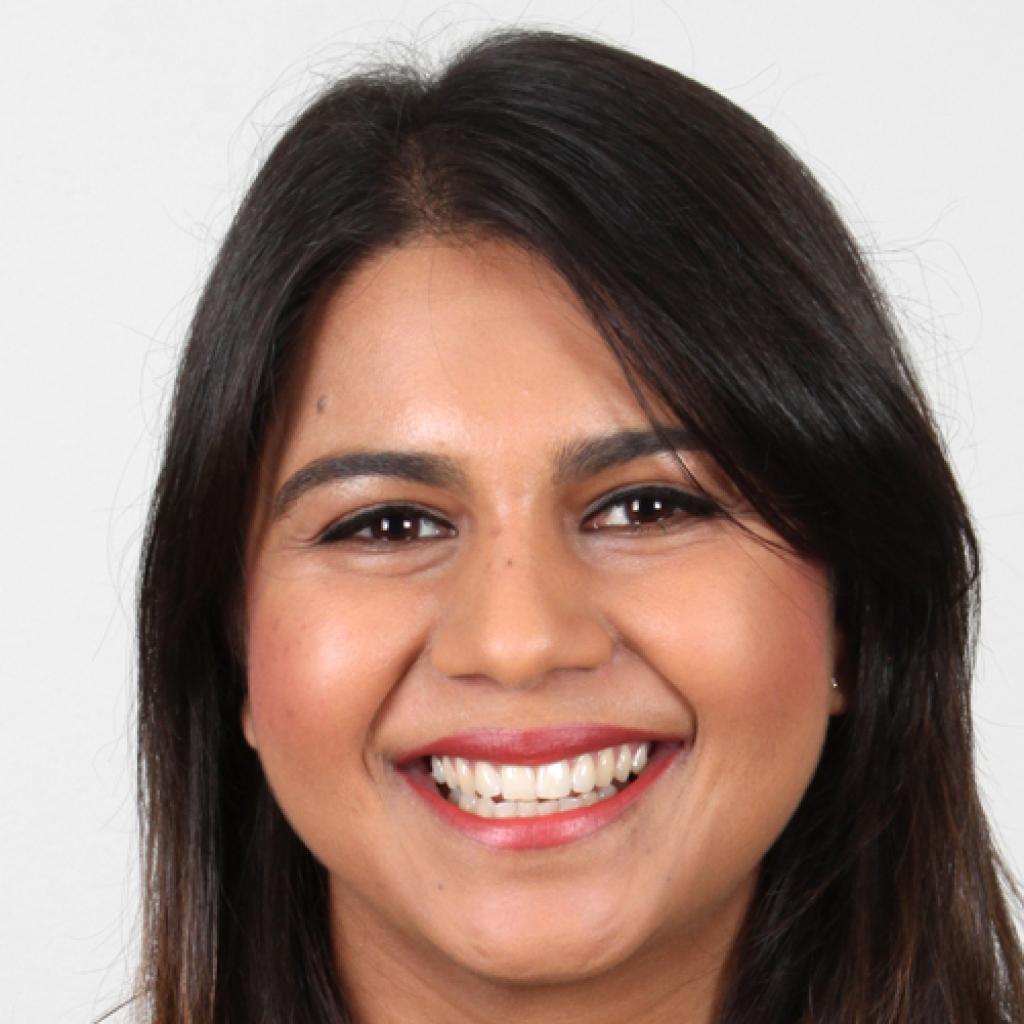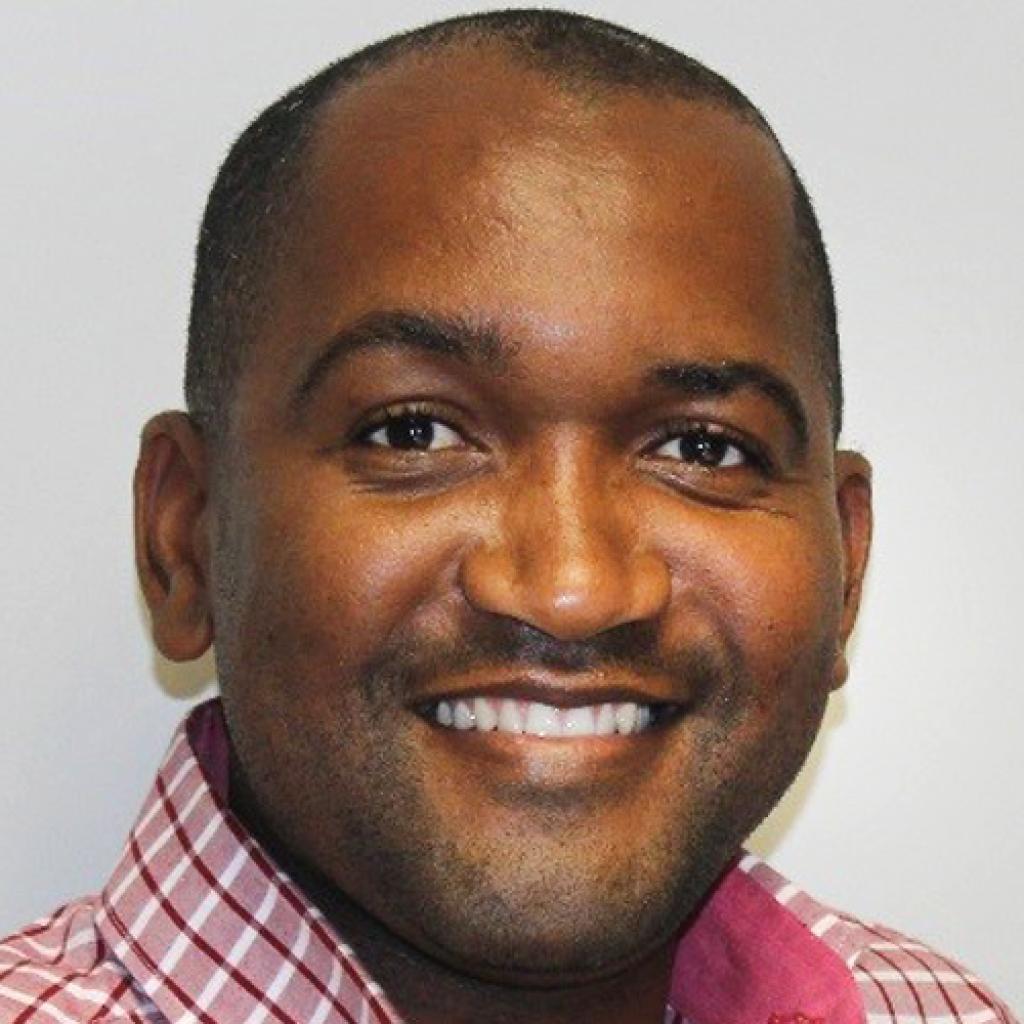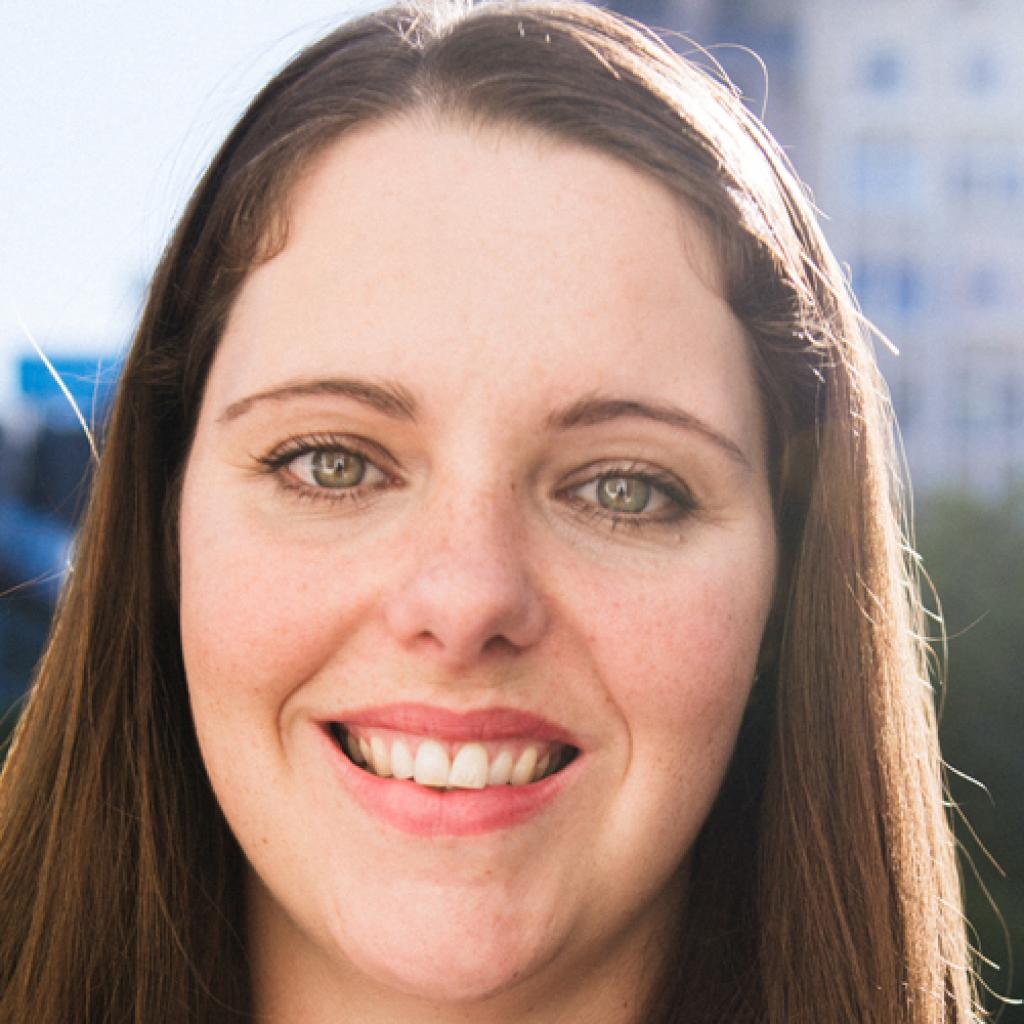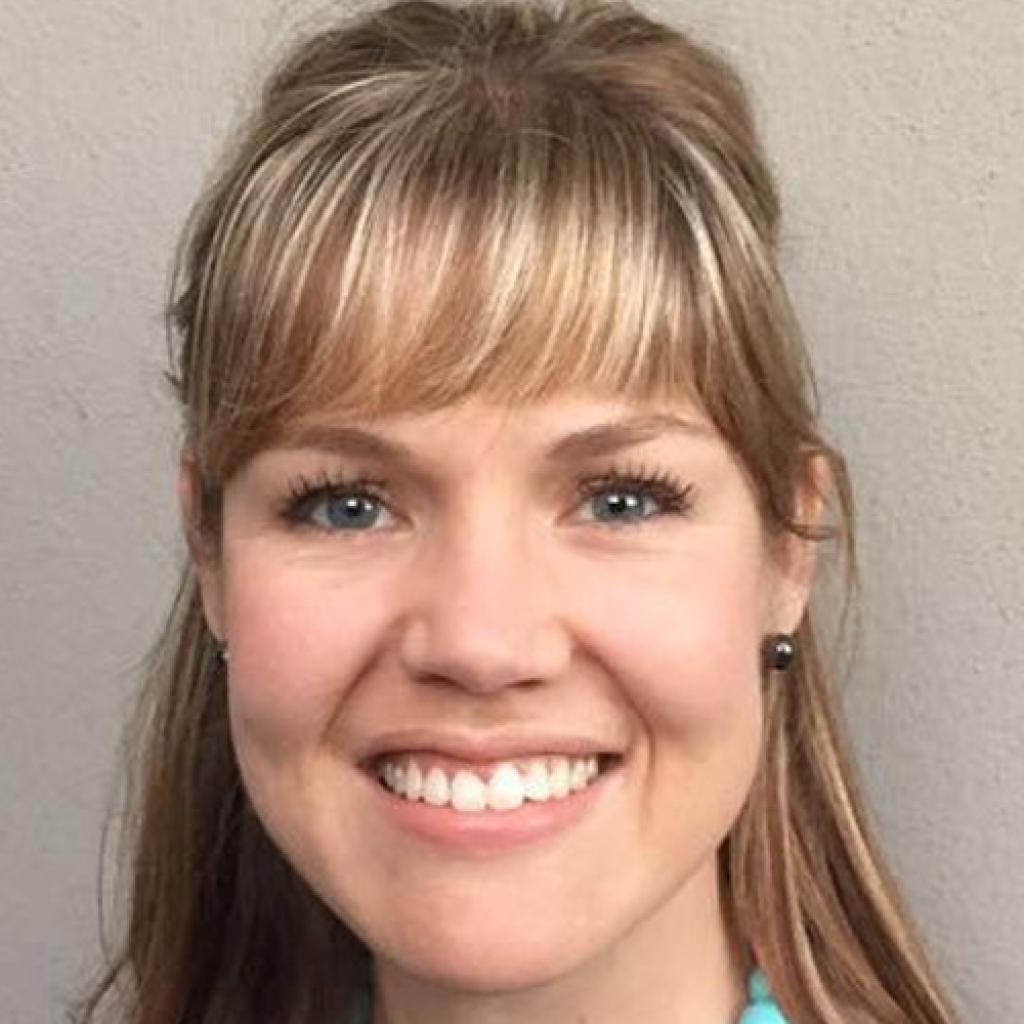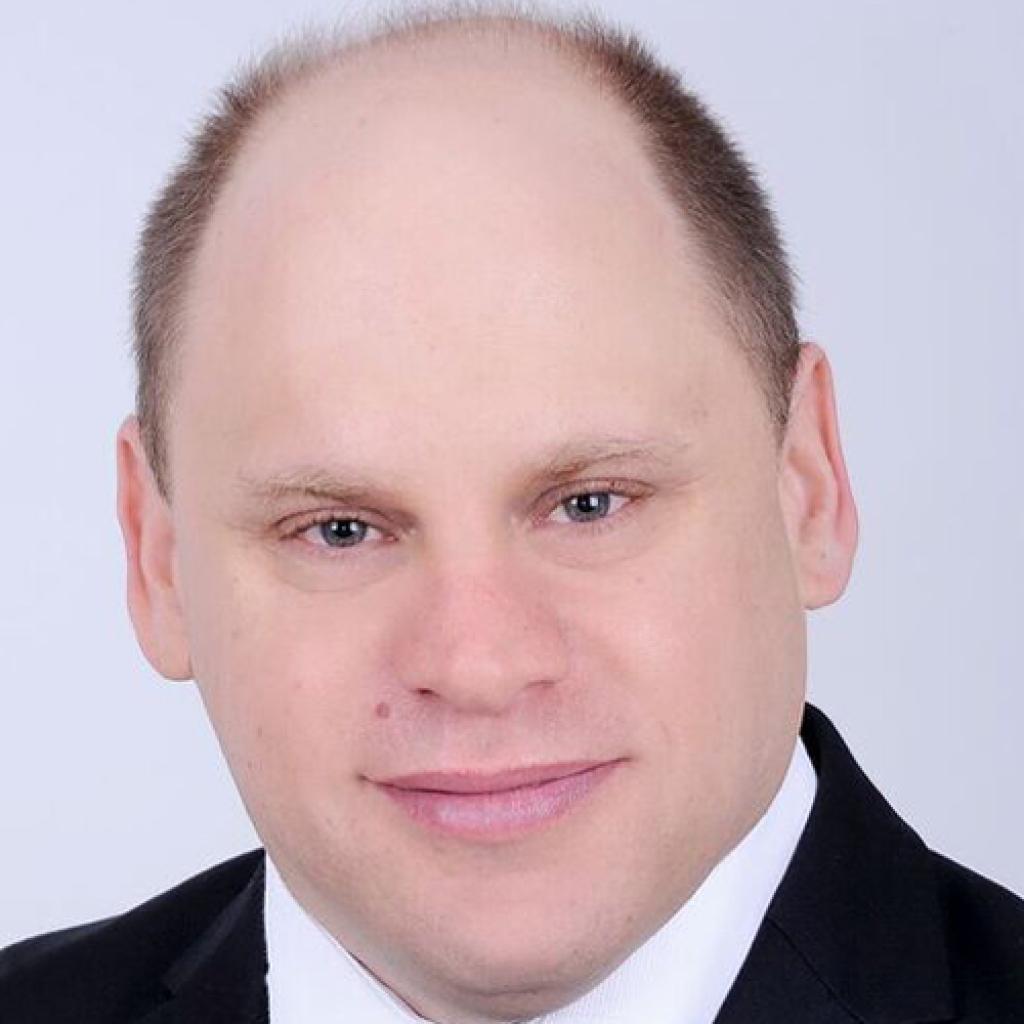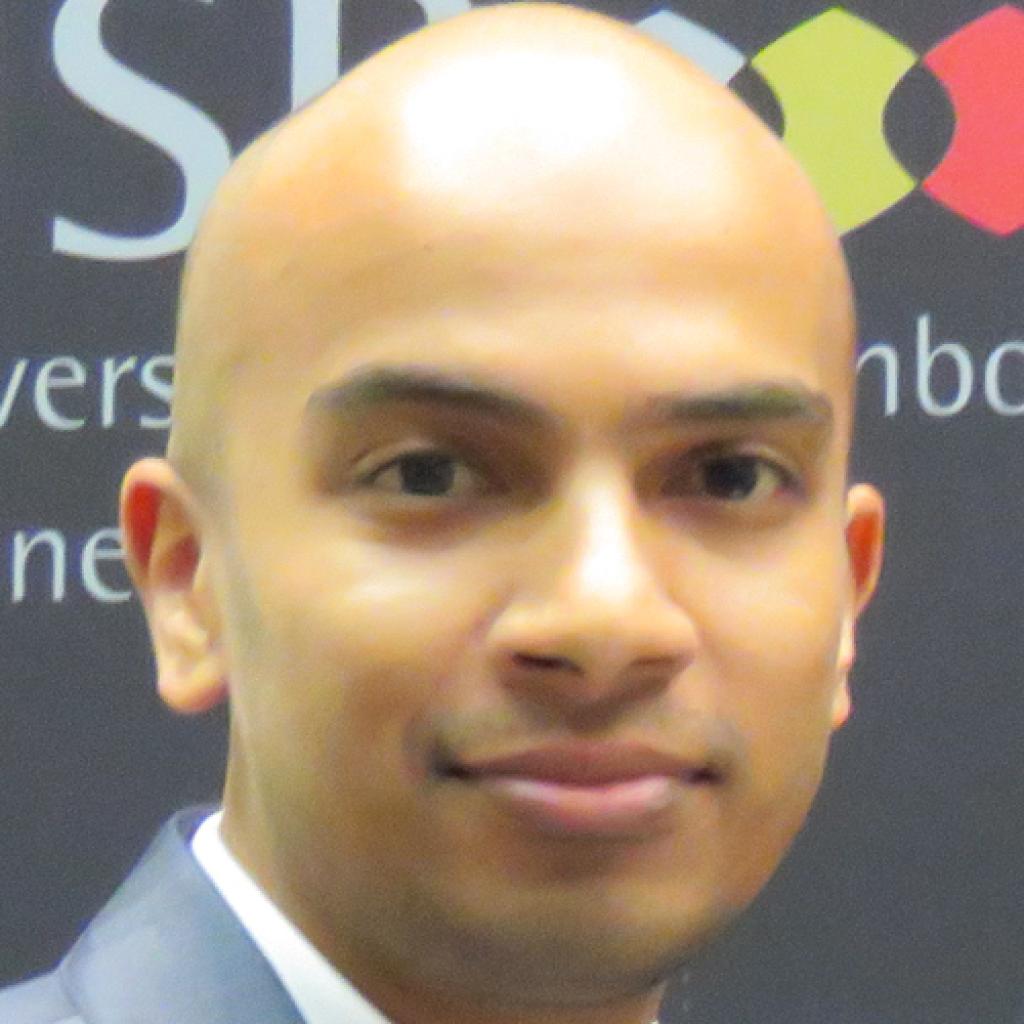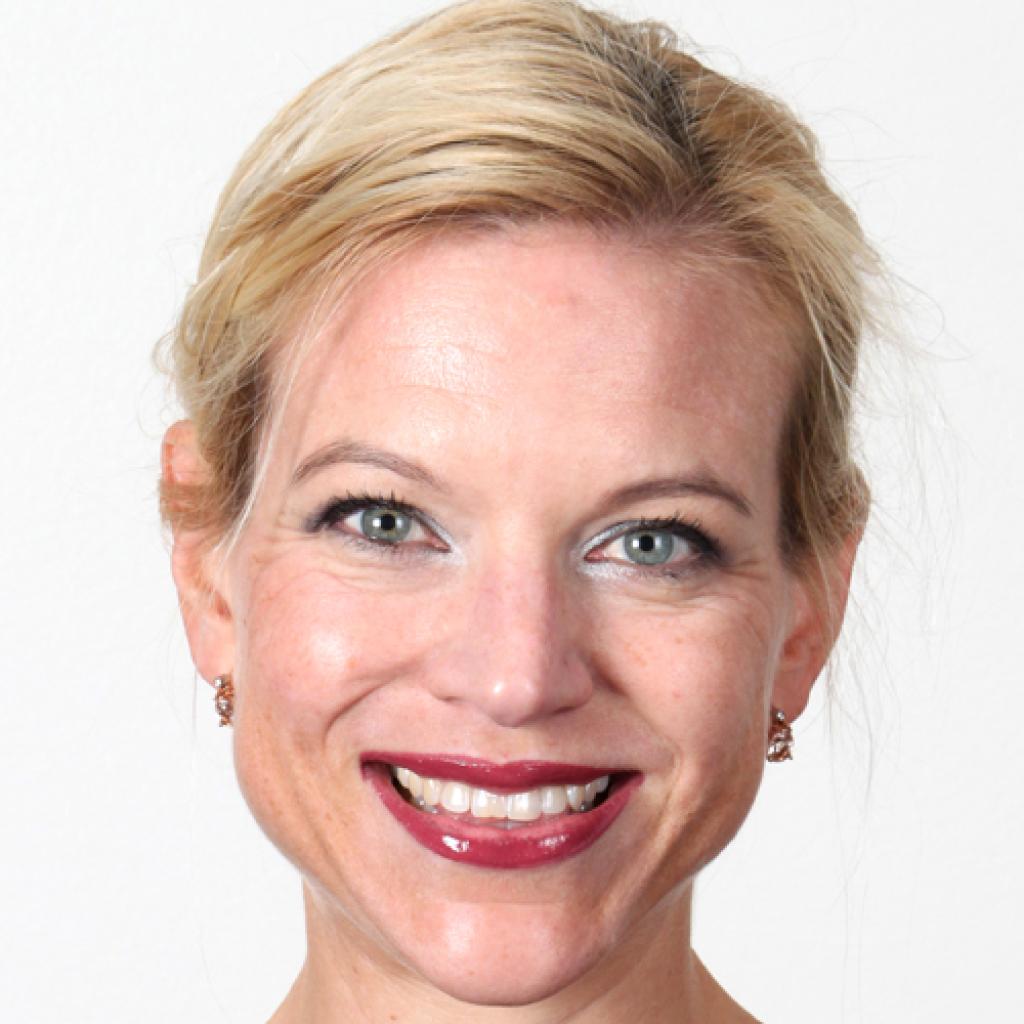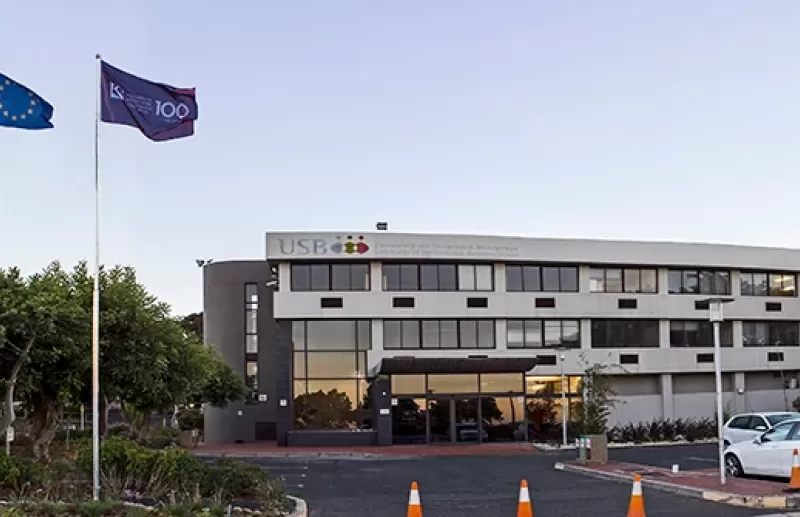Learn how to apply responsible leadership in an international development context
The MBA focal area in Managing International Organisations (MIO) will equip you with the tools, theories and frameworks to lead successfully in international development organisations that play a fundamental role in shaping the trajectory of global sustainable development at the interface of international politics, business and society.
International development organisations include the UN and its specialised agencies (like the World Health Organization, World Tourism Organization, and International Fund for Agricultural Development), global organisations like the World Bank, Red Cross, International Organization for Standardization (ISO), the African Union, the World Economic Forum, the International Labour Organisation, and the broad spectrum of global philanthropic foundations. It also includes organisations working in environmental, social and corporate governance (ESG) contexts, such as the UN-supported Principles for Responsible Investment and the Global Reporting Initiative, and organisations with global sustainability agendas.
The stream-specific modules of the MBA MIO, which are offered during the second year of enrolment, will enable you to integrate and apply your learning from the MBA core modules within the context of international organisations. Some of these lectures will be presented by senior UN leaders from the United Nations System Staff College (UNSSC) who have co-designed the MBA MIO with Stellenbosch Business School.
If you are looking for a meaningful career at an international development organisation, the MBA MIO will stand you in good stead.
Master's
MBA Managing International Organisations
**Approximate dates. Final dates will become available later during the year.
Modular MBA
Dates for 2024: (on campus)*
- Block 1: 19 – 24 February
- Block 2: 8 - 13 April
- Block 3: 10 – 15 June
- Block 4: 29 July - 3 August
- Block 5: 7 – 12 October
Fees: R342 210** (2024)
Duration: 2 years
*The Business School reserves the right to change programme dates and fees.
**Fees exclude International Study Module in Year 2.
Blended MBA
Dates for 2024: (blended)*
- 22 January – 3 February (on campus)
- Thereafter Wednesday’s (7 February – 11 December) from 16:00-20:15 - (remote)
Fees: R342 210** (2024)
Duration: 2 years
*The Business School reserves the right to change programme dates and fees.
**Fees exclude International Study Module in Year 2.
Key takeouts of MBA Managing International Organisations
- Learn how to apply responsible leadership in an international development context
- Acquire the tools, theories and frameworks to work in international organisations that play a key role in global sustainable development
- Work at international development organisations like the WHO, at global organisations like the World Bank, Red Cross, African Union or WEF, or at global philanthropic foundations
Course Structure and Content
The MBA focal area in Managing International Organisations (MIO) will equip you with the managerial and leadership skills to fulfil a role in international development organisations that shape the trajectory of sustainable development at the interface of international politics, business and society.
- Year 1: Students who want to specialise in Managing International Organisations start with either the modular MBA (blocks of classes spread over the year) or blended learning MBA (orientation block plus weekly classes online or on campus).
- Year 2: During their specialisation year, MBA MIO students attend one on-campus block at the beginning of the year, followed by blended learning classes one evening a week (16:00 – 20:20) and one on-campus electives block towards the end of the year.
- Stream-specific core modules in Year 2: International Organisations Leadership; Diplomacy in Complex Systems; and Finance for Development
- Electives: Choose 2 electives from a selection of topics.
Also look at the information under the Generalist MBA’s Course structure and content.
- Professionals or managers working in international organisations, development agencies, and foundations or NGOs, who want to fast-track their careers
- Managers from private and public sector institutions who want to expand their cross-sector agility, especially by improving their skills for leadership in complex and conflict-ridden multi-stakeholder contexts
- Professionals who want to transition to working in international development organisations or in organisations with a strong environmental, social and corporate governance (ESG) agenda
Year 1: Core modules
- Accounting for Decision-making
- Business Communication
- Business in Society
- Contemporary Decision-Making
- Digital Enterprise Management
- Economics for Managers
- Organisational Behaviour
- Strategic Analysis
- Managerial Accounting
- Managerial Statistics
- Operational Excellence
- Strategic Management
- Strategic Marketing and Branding
Year 2: Stream-specific core modules and electives
- International Organisations Leadership
- Diplomacy in Complex Systems
- Finance for Development
You also need to do two electives from the MIO electives and/or general MBA electives.
Year 2: Remaining two MBA core modules
- International Study Module
- Research Methodology and Assignment
All MBA students travel to global destinations for the compulsory International Study Module (ISM). The aim of this academic and cultural immersion is to develop managers with a global mind-set, to prepare you for work in a global environment, and to help you understand cultural differences in order to turn cultural competence into a competitive advantage. The module includes company visits and cultural activities.
You will have various destinations from which to choose. You can also opt to do your ISM on Global Business Innovation at an EMBA Consortium business school. The cost of the ISM is invoiced in Year 2.
Note: Students in the HCL, MIO and PM streams may be restricted in the ISM destinations from which they can choose.
You need to compile a research assignment on a management-related problem in your work environment or specialisation. The purpose of this assignment is to demonstrate how you can address business challenges through a robust research process. This experience will also give you the ability to make a value judgement on research presented at managerial level in the workplace.
MBA students who have performed well during their first year, can choose to complete part of their studies at one of our overseas partner schools. This will enable you to earn credits towards your MBA by doing a module or summer school abroad.
Exchange studies abroad are optional. Yet, they provide you with an opportunity to gain a global perspective, grow your network, and increase your employability.
Stellenbosch Business School provides additional access to its programmes through its Recognition of Prior Learning (RPL) process. In line with the requirements of the Council on Higher Education (CHE), the Business School may admit up to 10% of its student body per programme under RPL.
Applicants who wish to be admitted under the RPL policy need to submit all the documentation and tests as required for all prospective students.
In addition, prospective MBA students under the RPL policy need to adhere to the following:
- Have at least an NQF 6 qualification (all school and academic certificates are required).
- Have at least 6 years of working experience after obtaining the qualification mentioned in the first bullet point, of which at least 3 years should have been in a management or a related professional position.
- Submit a comprehensive CV, indicating, in detail, areas of responsibility in the work environment as well as activities outside the work environment.
- Provide Stellenbosch Business School with the names and contact details at least two persons (typically current or former line heads) who can testify about the candidate's managerial or related professional abilities. These persons will be asked to give a detailed personal reference of the candidate on forms that can be download from the application form.
The RPL selection process entails the following:
- The MBA programme head and one other academic staff member will conduct an in-depth interview with the candidate and make a recommendation about admission.
- The Admissions Committee will consider the full application including the interview recommendation and the inputs received from the references for admission.
- A notice of admission is sent via the Business School’s Academic Planning Committee to the Board of the Faculty of Economic and Management Sciences at Stellenbosch University.
- RPL candidates need to apply by 31 October of each year to allow sufficient time for the assessment process.
- Note that the learning acknowledged in terms of RPL cannot also be used to grant exemption of credits within the same programme.
With our MBA, a transformative learning experience awaits you – particularly if you see your future self as a leader, manager, specialist, or entrepreneur. This triple accredited MBA with its strong focus on responsible leadership has been designed to turn you into an exceptional decision maker, strategic thinker, effective communicator, and steward of society.
Programme Fees
Application fee and SHL tests for 2024
These are the fees for 2024. The fees for 2025 will be published here once they become available.
Important:
- Payment of full programme fees for South African students: Students can pay the full programme fees upon registration, or they can pay 80% of the annual fees by the end of May and the balance of 20% by the end of September.
Payment schedule (calculated on outstanding fee after deposit payment):
28 February - 31 May - 20% x 4 months (80%)
30 June - 20 September - 5% x 4 months (20%) - Payment of full programme fees for international students: International admitted students pay 50% of the annual fee as deposit. The remainder is due one month before commencement of the programme. The South African exchange rate favours international students.
- Deposit: All students pay a deposit on acceptance of admission. South African students must pay a set deposit on admittance. International admitted students pay 50% of the annual fee as deposit. The deposit payable is non-refundable and will be deducted from the total programme fees.
- Application fee: The application fee must accompany the application. The application fee is non-refundable.
- Additional fees for international students: International students pay an International Registration Fee (IRF) per academic year. Students from countries other than those in the Southern African Development Community also pay an International Tuition Fee (ITF) (i.e. students from SADC countries are exempt from the ITF).
- Fees for 2026: The fees for the second year of enrolment (modular MBA as well as blended learning MBA) will be adjusted to make provision for annual price increases. The programme fees for the second year of enrolment are higher than for the first year of enrolment because the second year’s fees include the cost of the International Study Module.
- International Study Module (ISM): The fees for the compulsory International Study Module are excluded from the total MBA programme fees and are only invoiced in Year 2. Note that the fees for the 2026 ISM may have to be adjusted based on the exchange rate.
- Assessment of international students’ applications: International students require a South African Qualifications Authority (SAQA) evaluation certificate to evaluate their degrees according to South African standards. The Business School’s International Affairs Office will first handle the credential evaluations of international students free of charge. For this to happen, you need to complete the online application and upload all certificates with your application, and pay your application fee and SHL assessment fee (if you have opted for the SHL test). The International Affairs Office will then, as part of the application process, conduct an in-house credential evaluation after you have submitted your application. However, should the International Affairs Office be unsure about the status, recognition or accreditation of your qualification, we reserve the right to refer you to SAQA before we consider your application further.
- Study materials: Study fees include books and study materials.
- Travel and accommodation: Students are responsible for their own travel and accommodation arrangements and costs.
- Fee changes: Stellenbosch Business School reserves the right to change the fees at any time.
Please use your Student Number as reference | Email proof of payment to [email protected] | Quote your student number in all correspondence.
Admission Requirements
Academic qualifications
The SA Council on Higher Education requires MBA applicants to have one of these qualifications:
- 4-year Bachelor’s degree (NQF level 8), OR
- Honours/Postgraduate degree (NQF level 8), OR
- 3-year Bachelor’s degree (NQF level 7) plus a postgraduate diploma (NQF level 8)
- Additional requirement for students enrolling for the MBA stream in Project Management: A Project Management course on NQF level 8, for which credits can be considered in respect of required electives
Other requirements
- At least 3 years of relevant full-time working experience, preferably on managerial level
- Mathematics at NSC (Grade 12) level or equivalent is highly recommended
- A comprehensive CV
- 2 essays (300 to 500 words each), showing your level of motivation and working experience. The topics are your external development perspective and your personal development perspective.
- Satisfactory selection test results (SHL or GMAT Focus)
Selection tests
We accept the SHL and GMAT selection assessments.
- SHL assessment: The SHL assists us to identify your areas of strength and growth. It is not about failing or passing. The assessment consists of a verbal critical reasoning assessment, numerical critical reasoning assessment, inductive reasoning test, and Occupational Personality Questionnaire (OPQ) on behavioural preferences. Administered by Stellenbosch Business School.
- GMAT Focus assessment: The GMAT Focus has three timed sections, namely quantitative reasoning, verbal reasoning, and data insights (digital and data literacy).
Frequently Asked Questions
You need to do a selection test as part your application process. We accept the SHL and GMAT selection tests. These tests are recognised internationally.
SHL selection test
You need to complete the SHL abilities selection test as part of your application process. The test consists of a verbal critical reasoning assessment, numerical critical reasoning assessment, inductive reasoning test, and Occupational Personality Questionnaire (OPQ) on behavioural preferences, which are used for selection and for the identification of your development areas.
The SHL assists us to identify your areas of strength and growth. It is not about failing or passing. The early identification of growth areas allows you to prepare yourself well and focus your efforts on academic and career success. As a responsible institution, we need to ensure that all students admitted are provided with the best possible chance to succeed in their studies and careers. The SHL is used in combination with the essays required as part of the application process, prior academic results and work experience to form a clear picture on which to base admission and development decisions.
- Duration: Approximately 3 hours.
- Preparation: No preparation is required. However, you are encouraged to perform a practice test to familiarise yourself with the test format. See www.shl.com/shldirect/en-us/practice-tests/
- About the test: The SHL test is done online. (Random verification might be requested.) You will be provided with a link to the SHL test once you have paid your MBA application fee and SHL selection test fee, and after you have submitted your application form and have received your provisional student number. (You need to use this provisional student number when writing the SHL.)
- Cost: For fees, please see www.stellenboschbusiness.ac.za/programmes/mba-master-business-administration. See bank details under How to apply and use your provisional student number as reference. The application fee and SHL selection test fee can be paid online, and they are non-refundable.
- Link to the SHL selection test: You do not have to arrange with the Business School to write the SHL test. You will receive a link to the test once the relevant payments have been received and you have submitted your application form. The Business School will receive your results directly from SHL and will upload it to your application form on your behalf.
- Additional information: www.shl.com/en/assessments/cognitive-ability/
- Important: The SHL selection test is valid for 18 months. If your SHL selection test results are older than this, you should ideally rewrite the test as people grow and develop, and assessments need to take this into account. We do not consider SHL tests from other institutions as you may have written a different type or level of test, or you may have been compared to a different comparison group. If you have completed the SHL with Stellenbosch Business School during the past 18 months, you do not have to rewrite the test.
GMAT Focus selection test
The GMAT Focus consists of three sections, namely quantitative reasoning, verbal reasoning, and data insights (digital and data literacy). A copy of the results will automatically be forwarded to the Business School.
- Duration: About 2½ hours.
- When and where: This test is not administered by Stellenbosch Business School. International students need to contact the Regional Registration Centre in the Netherlands on 0931 320 239 593 or go to https://accounts.gmac.com/Account/Register. SA students need to contact Pearson VUE Professional Centre in Johannesburg on +27 (0)11 784 3093 or 0800 995 044 or at [email protected].
- Cost: $275 (2024). Find more information at www.gmac.com.
You need to write two essays on the topics indicated below and include these with your application. The essays serve two purposes. First, they provide us with additional information about your personal and professional background. Second, they provide us with additional insight into your writing ability, a skill that is critical in completing the MBA degree.
Each essay must be between 300 and 500 words. (Please indicate the word count at the end of each essay, and submit one PDF document containing both essays.)
- External development perspective: Summarise your development as a leader with emphasis on the individuals, processes and institutions that have played a major part in your development. Conclude with your reasons for choosing Stellenbosch Business School, and why it fits your criteria as an institution at which you can continue your career development.
- Personal development perspective: Summarise your personal development, the challenges you have experienced, how you have dealt with these challenges, what you have learned from this and the insight that you have gained about yourself and your role in business and society. Conclude with your current developmental needs and why this programme is important for your development given your desired future.
Before you start
- About the online application process: The online application form consists of various sections. To progress from the one section to the next, all the information in the current section must be completed and accepted by the information management system. You will be able to complete the form in steps without losing information (i.e. you do not have to complete the application form in one sitting). The application process is the same for South African and international students. It is best to use Google Chrome as web browser when completing your application.
- Determine the NQF levels of your previous qualifications: To find out whether you qualify for Stellenbosch Business School’s MBA, please check the NQF levels of your previous qualifications with the academic institution(s) where you have studied, or contact [email protected].
- Assessment of international students’ applications: International students require a South African Qualifications Authority (SAQA) evaluation certificate to evaluate their degrees according to South African standards. The Business School’s International Affairs Office will first handle the credential evaluations of international students free of charge. For this to happen, you need to complete the online application and upload all certificates with your application, and pay your application fee and SHL assessment fee (if you have opted for the SHL test). The International Affairs Office will then, as part of the application process, conduct an in-house credential evaluation after you have submitted your application. However, should the International Affairs Office be unsure about the status, recognition or accreditation of your qualification, we reserve the right to refer you to SAQA before we consider your application further.
- Checking the status of your application: You can go back to your application and check the status of your application.
- Vetting process: All degrees undergo a formal vetting process to eliminate fraudulent applications.
The application process
Click on the APPLY NOW button and complete the online MBA application form by completing each of the required sections. The Business School will upload the SHL selection test results on your behalf. You also need to upload the following supporting documentation:
- Comprehensive CV
- 2 essays of up to 500 words each (in one PDF document)
- Certified copies of degree certificates (if not available, obtain the certificates from the academic institution where you have studied)
- Certified copies of academic transcripts, records, marks or results (if not available, obtain the transcripts from the academic institution where you have studied)
- Consent form to verify your qualifications (please download, complete and upload the form in order for Managed Integrity Evaluation (Pty) Ltd to verify your qualification documents)
- GMAT selection test results (the Business School will upload SHL selection test results on the student’s behalf)
- Certified copy of your ID (or passport for non-South African students)
- A marriage certificate (where the applicant’s new surname does not match the surname on the degree certificates)
Payment of your application fee and selection test fee (in case of the SHL) can be done online:
- Bank details: Bank: Standard Bank; Type of account: cheque account; Account name: US Business School; Account number: 073003069; Branch name: Stellenbosch; Branch code: 050610; Beneficiary name: Stellenbosch University; SWIFT code: SBZAZAJJ.
- Enquiries about payments: Please send an e-mail to [email protected].
What happens next?
Your application can only be assessed by the selection panel if it is accompanied by your completed online application form, all the supporting documents, and your completed selection test. The outcome of the selection process will be made known within 30 days or as soon as possible thereafter.
If you are uncertain whether your application is complete and is being processed, contact [email protected] for assistance.
Deadlines for MBA applications and SHL selection tests:
- 15 November for students from South Africa, visa-exempt SADC countries, and the rest of the world
- 31 October for RPL applicants.
Due to a demanding first block, it is advisable to apply earlier rather than later in order to gain access to course material in good time. Also note the following:
- Rolling applications: The MBA programme uses a system of rolling registrations, which means all completed applications are processed once received and not after the closing date. It is thus possible that popular delivery modes or particular cohorts could be full prior to the application deadline.
- Deadline for RPL applicants: The application deadline for Recognition of Prior Learning applicants are earlier than those for other students to allow sufficient time for assessment.
- Study permits for international students at the Business School: Obtaining a study permit (study visa) from the South African authorities can take up to 12 weeks from the date of being offered a place on a programme at the Business School. An early start with your application process is therefore advisable.
- Multiple-entry visas: Students from non-SADC African countries and other countries with visa requirements who need to apply for study visas can obtain a letter from Stellenbosch Business School confirming the duration of registration at the school. This will help students to obtain multiple-entry study visas in case of modular studies.
Stellenbosch Business School supports the principle of recognition of prior academic learning, although this is only applied in very selective instances because group work and collaborative learning are cornerstones of the MBA. To obtain an MBA degree at Stellenbosch Business School, a student must be registered at Stellenbosch University for at least two years and obtain at least 50% of the credits at this University. A student who has been admitted to the MBA may apply for recognition of such prior learning, provided that it was obtained on another MBA. Students wanting to apply for accreditation of credits obtained elsewhere need to supply:
- An application that includes full course outlines, number of SAQA credits, learning outcomes, number of class contact hours, prescribed textbooks, method and weights of assessment, and outcomes or topics per class session. Please also include a list of modules passed and grades achieved as communicated by the institution.
- Additional work or assessments may be required.
Consider the Business School’s Postgraduate Diploma Business Management and Administration (NQF level 8 with 120 credits). This programme, passed at a certain level, will give you access to the MBA. Also look at the other postgraduate diplomas we offer.
Study visa requirements for international students
All residential students who are non-South African citizens and are studying at Stellenbosch Business School require a study visa. Prospective students should contact their nearest South African Mission (South African Embassy, Consulate or High Commission), normally in their country of origin, to enquire about the requirements for study visas for South Africa. Applicants are required to present themselves in person so that biometric data may be captured. All international students can contact the Business School’s International Affairs Office at [email protected] for assistance. All international students must hold a valid visa for their intended activity prior to entering South Africa.
Notes on obtaining a study visa
- Obtaining a study visa from the South African authorities takes approximately 12 to 16 weeks from the date of application. However, some missions may process applications sooner. Sufficient time should be allowed for study visa applications to be processed.
- Your study visa application should include a copy of the letter offering a place on the Business School’s study programme. This letter will be provided by our Centre for Academic Administration once the application has been approved. A place on the programme must be confirmed before a study visa application can be considered by the South African Department of Home Affairs. Students should not proceed to Stellenbosch University or its Business School without a valid study visa.
- Although applicants are expected to determine exactly what they require to apply for a study visa, they can be expected to provide the following, among others: a police clearance certificate, proof of medical insurance recognised in South Africa, a radiology report, proof of sufficient funds, and an admission letter from Stellenbosch Business School. Your nearest South African Mission will be able to advise in this regard. The onus falls on the student to make sure that he/she submits a complete application pack.
- All documents should be certified and translated into English before submission (in order not to delay the outcome of the application).
Contact Us
Please contact us if you need more information on our MBA or the application process:
Programme enquiries and support with the applications process
Customer Liaison Officer
Telephone: +27 (0) 21 918 4246
Email: mba@stellenboschbusiness.ac.za
Admission and registration enquiries
Mandy Samuels
Telephone: +27 (0) 21 918 4206
Email: [email protected]
Related Events
Stellenbosch Business School | Virtual Open Week 2023
Kampala, Uganda Information Session
Kigali, Rwanda Information Session
Frequently Asked Questions
You can choose the Modular MBA degree or the Blended Learning MBA, both running over two years. Both formats are aimed at those who want to study while they work.
Advantages of the Modular MBA: The Modular degree consists of blocks of classes spread over two years. Each block runs from the Monday to the Saturday. This allows you to implement your newly acquired skills at work from the start. You can therefore study at the Business School even if you live further afield as you only need to travel to the campus a few times a year. The advantages include:
- Focused studies: Use the immersive, in-class experience to your advantage.
- An immersive experience: Being on campus for a week at a time allows you to focus on your studies without interruption from work. Working with your classmates in a face-to-face environment adds another dimension to collaborative (peer-to-peer) learning and network building.
- Less travel: You can study at the Business School even if you live further afield as you only need to travel to campus a few times a year.
Advantages of the Blended Learning MBA
The Blended Learning degree has one on-campus study block at the start of Year 1 and two on-campus blocks during Year 2. In between, you attend weekly classes online or on campus. This format requires the minimum leave from work. It also lowers the opportunity cost to do an MBA at Stellenbosch Business School as it reduces travel costs. This format is popular with students from the greater Cape Town area who can attend classes on campus one evening a week, as well as with students from further afield, including other African countries and beyond, who can attend one evening class per week via any internet-connected laptop. The advantages include:
- Flexibility: Study while you work with the flexibility of digital class attendance, which means minimum time away from work. This allows you to implement your newly acquired skills at work from the start.
- Less travel: The blended learning delivery option opens up access to students from elsewhere in South Africa, from other African countries and even further afield. It also lowers the opportunity cost to do an MBA with us as it reduces travel and accommodation costs. This format is popular with students from the greater Cape Town area who can attend classes on campus one evening a week, as well as with students from further afield, who can attend one evening class per week via any internet-connected device. Find more information about Blended Learning’s combination of technology with a strong human touch here.
Both formats of the MBA – i.e. Modular and Blended Learning – allow you to study while you work. However, you need to be aware of the time demand of MBA and you need to arrange study time with your employer and family beforehand. Here is a rough guideline: For every 1 hour spent in class, you need to set aside 3 hours for preparation and self-study (reading, assignments, group work, etc.). The MBA class programme takes up around 448 hours. This makes prioritisation crucial.
Students are assessed on a continuous basis. Each module has a minimum number of assessments based on the number of credits for that module. The final performance mark therefore includes multiple individual assessments and often a group assessment component. Tests for Blended Learning MBA students are scheduled on Monday evenings between classes. Tests for Modular MBA students are scheduled on Monday evenings between blocks.
Firstly, relevant work experience is a requirement of Stellenbosch Business School’s international EQUIS accreditation. Secondly, collaborative learning – where students learn from each other – forms an important part of our MBA. The expertise, depth and value that each participant brings to the class depend largely on authentic work experience.
Tests focus primarily on the application of knowledge and insight into business problems. Hence, all tests are open book and require the analysis of problems or cases. These summative assessments simulate real-life situations and the application of the theory and techniques covered in a particular module. In the assessment of pre-reading, multiple-choice questions or reflective essays are often used prior to attending class. Many lecturers make past test papers available as a learning resource.
The focus of the MBA is on collaborative learning. Every participant brings certain expertise to the class – some through formal learning, others through informal learning. If the most knowledgeable persons were to be exempted from classes, the learning experience for the whole class will be impaired. Thus, as a general principle, no exemption is granted. In a limited number of special cases, for example where an MBA student transfers from another university to Stellenbosch Business School, exemption could be considered.
Short courses done via executive education cannot be presented as prior learning for credit recognition in the South African education system. However, for RPL students, any previous short courses will have a positive impact on the assessment of their application.
Yes, but on a volunteer basis only. Stellenbosch Business School alumni offer to mentor students during their studies and to provide career or industry advice. This service is offered in association with the Alumni Relations Office and Career Leadership Office.
This will depend on each lecturer and on the subject – as some subjects require a substantial amount of group work, while others require less group work. The weight varies from 0% (no group work) up to 40%. It is imperative that MBA students can communicate electronically to work on their assignments. There is no need to meet physically.
Modular students will receive their first batch of study material three weeks prior to the beginning of the programme and thereafter at the end of every modular block for the following block.
Blended Learning students will receive their first batch of study material three weeks prior to the beginning of the programme and at regular intervals thereafter.
Yes. South African students can pay the full programme fees upon registration, or they can pay 80% of the annual fees by the end of May and the balance of 20% by the end of September. International admitted students pay 50% of the annual fee as deposit. The remainder is due one month before commencement of the programme.
The closing dates for each programme appear on the web page for that programme. In general, the closing dates for international applicants from non-SADC African countries and rest of world close approximately three months prior to the closing date for applicants from South Africa and (visa-exempt) SADC countries. Obtaining a study permit (study visa) from the South African authorities takes up to 12 weeks from the date of being offered a place on a programme at Stellenbosch Business School – hence it is advisable to start with the application process as soon as possible. RPL candidates (all programmes) need to apply by 31 October each year. Applications must be fully completed (all documents uploaded and SHL / GMAT test completed) by the stipulated closing date.
You will improve your chances of selection by making an effort with your application and essays. Also make sure that you meet the basic requirements – such as work experience. Submit a fully completed and accurate application pack. An incomplete application pack leads to unnecessary delays and referrals.
Related Programmes
Related Articles


